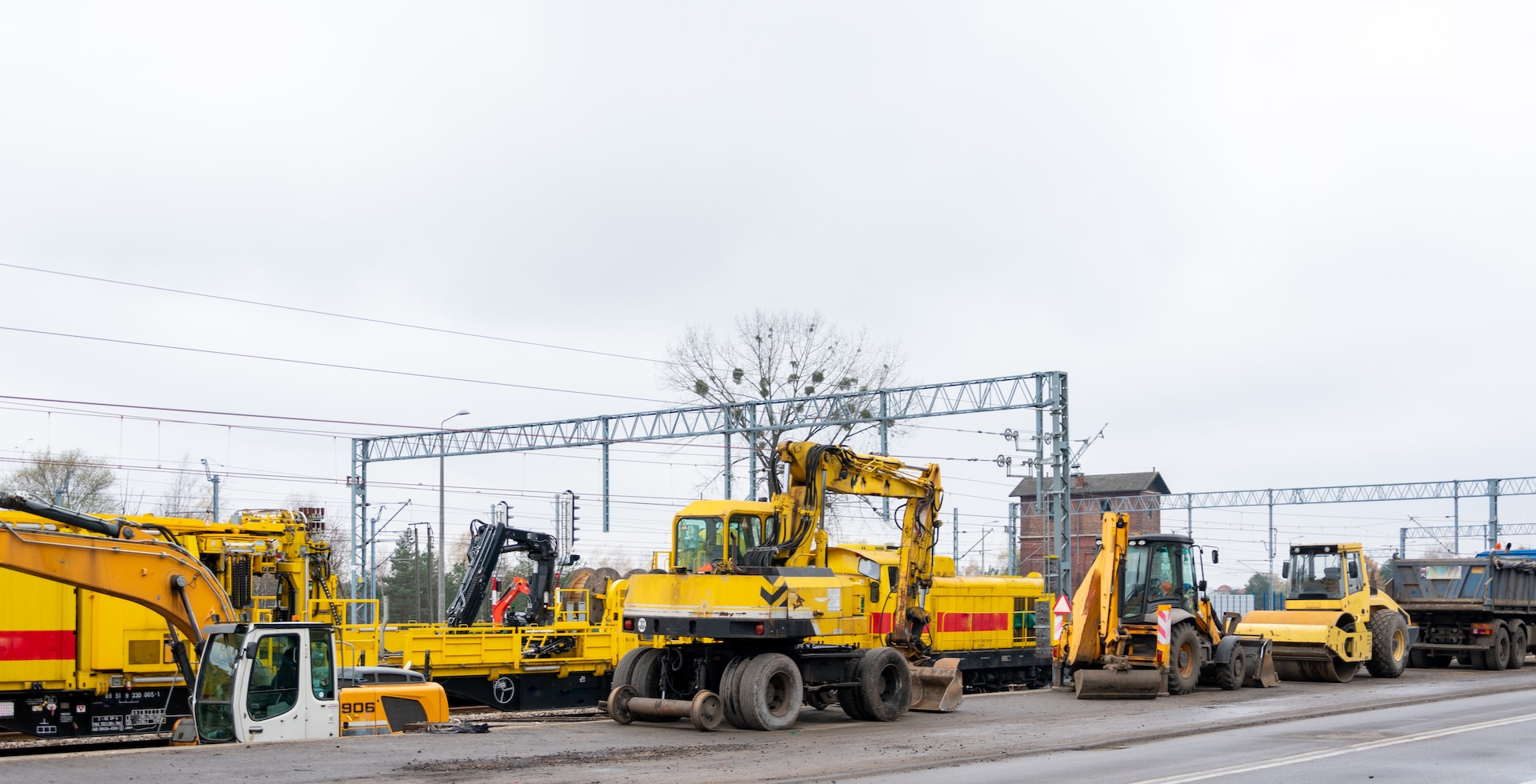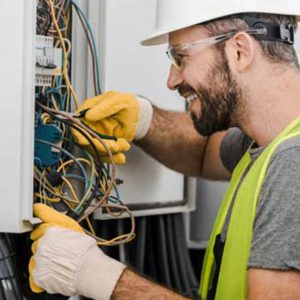Having the right industrial machinery can improve the efficiency and productivity of your business. Businesses that want to replace outdated equipment or expand their capabilities can buy used machinery to cut costs. Choose industrial machinery dealers who can offer value for your investment and meet your requirements. Here are a few tips that can help you buy the right machinery:
1. Understand the Available Options
Understanding the existing options and the capabilities of the industrial machinery you want to purchase may help you make an informed decision. Define the role of the machinery before shopping around. Have a list of functions you want the equipment to perform. Identifying your needs may help you select the most appropriate one among the many options available.
Some types of machinery are meant for one task, while others can perform several functions. Choosing machinery that can serve different purposes may save you money used to operate several pieces of equipment. But this may depend on the unique needs of your business. Research the exact type of machinery you need and the features required for your operations. Consider factors like efficiency, capacity, performance, compatibility, and maintenance requirements with the existing setup.
2. Create a Budget
A budget helps you determine the amount you should spend. Evaluate the needs of your business against your wants to avoid overspending. Buy machinery that will be an asset, not a liability. Research different machinery depending on the needs of your business. Check the average market price to plan an affordable purchase. Learn what accessories, such as software, freight, installation, tooling, and training, will cost.
3. Find a Reliable Seller
Buy used industrial machinery from registered and popular sellers. Reputable industrial machinery dealers should have a high level of responsiveness and a history of selling quality machinery. Knowing the true motive of the seller will help you avoid those who are not reliable.
Confirm if the seller has the legal authority to sell the machinery on behalf of the owner or if they own their equipment. A reputable dealer sells machinery that is serviced, inspected, and in proper working condition. They may also provide after-sales support or warranties to give you peace of mind.
4. Check the Machinery’s History
Find out the date when the machinery was originally purchased, the number of operating hours, and the history of repair and breakdown. The operating hours may not indicate the machine’s condition but will give you its work history.
Ask about the machine’s maintenance history to know whether it was regularly serviced. Look for a machine with a good history of care. Ask for a condition report to know the state of the different components. This may help you predict what type of maintenance the machinery may require.
5. Inspect the Machinery Before the Purchase
Used machinery may begin depreciating immediately after leaving the factory. Search for machines with gentle signs of use to avoid buying something that may cause problems later. Inspect the machinery thoroughly to identify potential mechanical issues and signs of wear and tear. As with many pieces of equipment, you may notice wear and tear that may have occurred during maintenance and repair.
Pay attention to the noises the machine produces, as it shows the quality of service you may expect and the maintenance culture. Inspect components such as control systems, electronics, belts, and hydraulics. If the seller allows, test the machine to confirm it performs efficiently.
6. Choose Machinery With a Clear Title
Confirm that the title of the used industrial machinery is clear of liens. Depending on the machinery you are purchasing, it may be titled. A paper trail may show ownership at all stages, from production to the marketplace. If the machinery is non-title, you should ask for proof of purchase and confirm that the original loan is zero balance. The seller can only transfer equipment ownership to a buyer if they’ve paid in full any money that was borrowed.
Find the Best Industrial Machinery Dealers
Look for industrial machinery dealers who have been in the same business for years and have dealt with similar clients. They should be familiar with the machinery you are interested in buying. Choose reliable and trustworthy dealers by looking at their reputation, achievements, and successes among other providers. The right dealer will have the knowledge and skills to provide you with machinery that can meet all your needs.





Be First to Comment